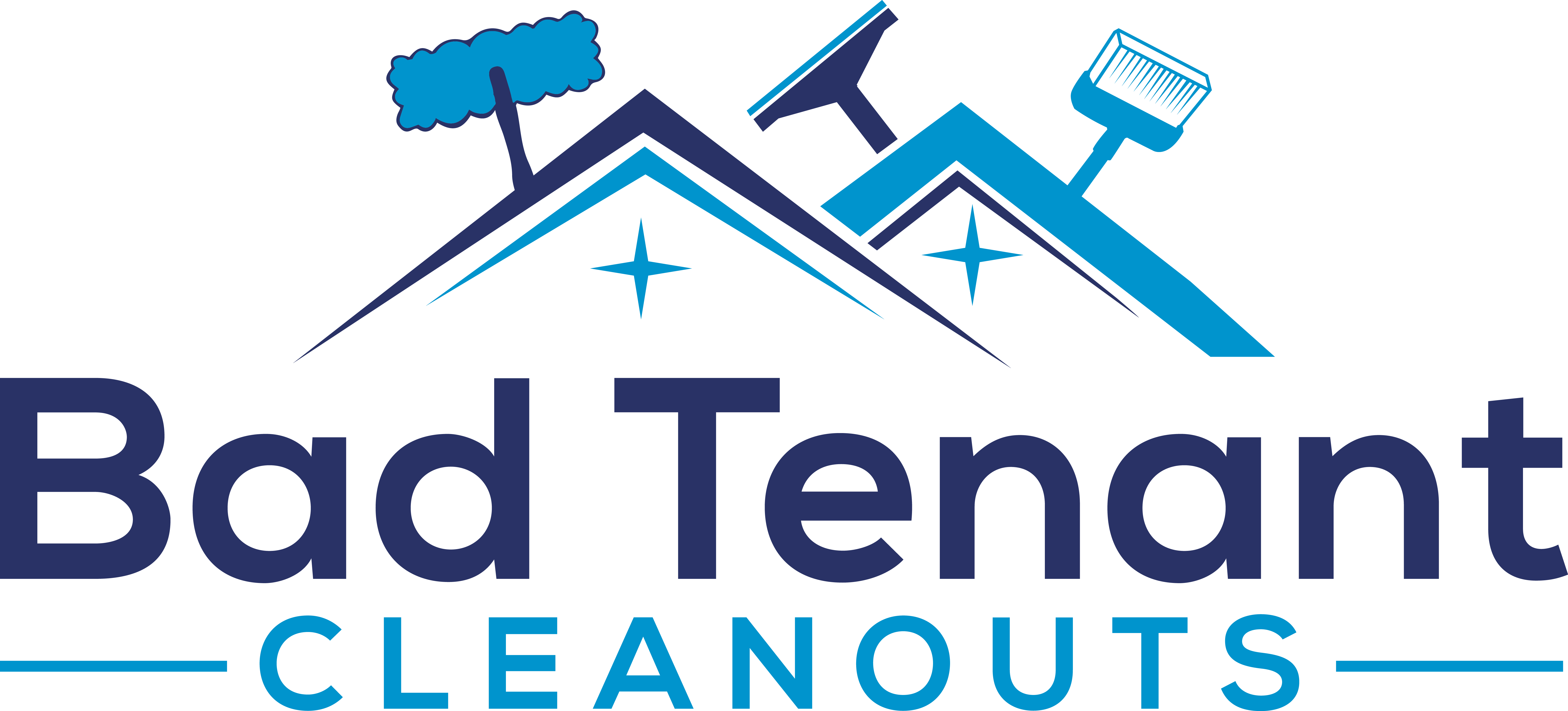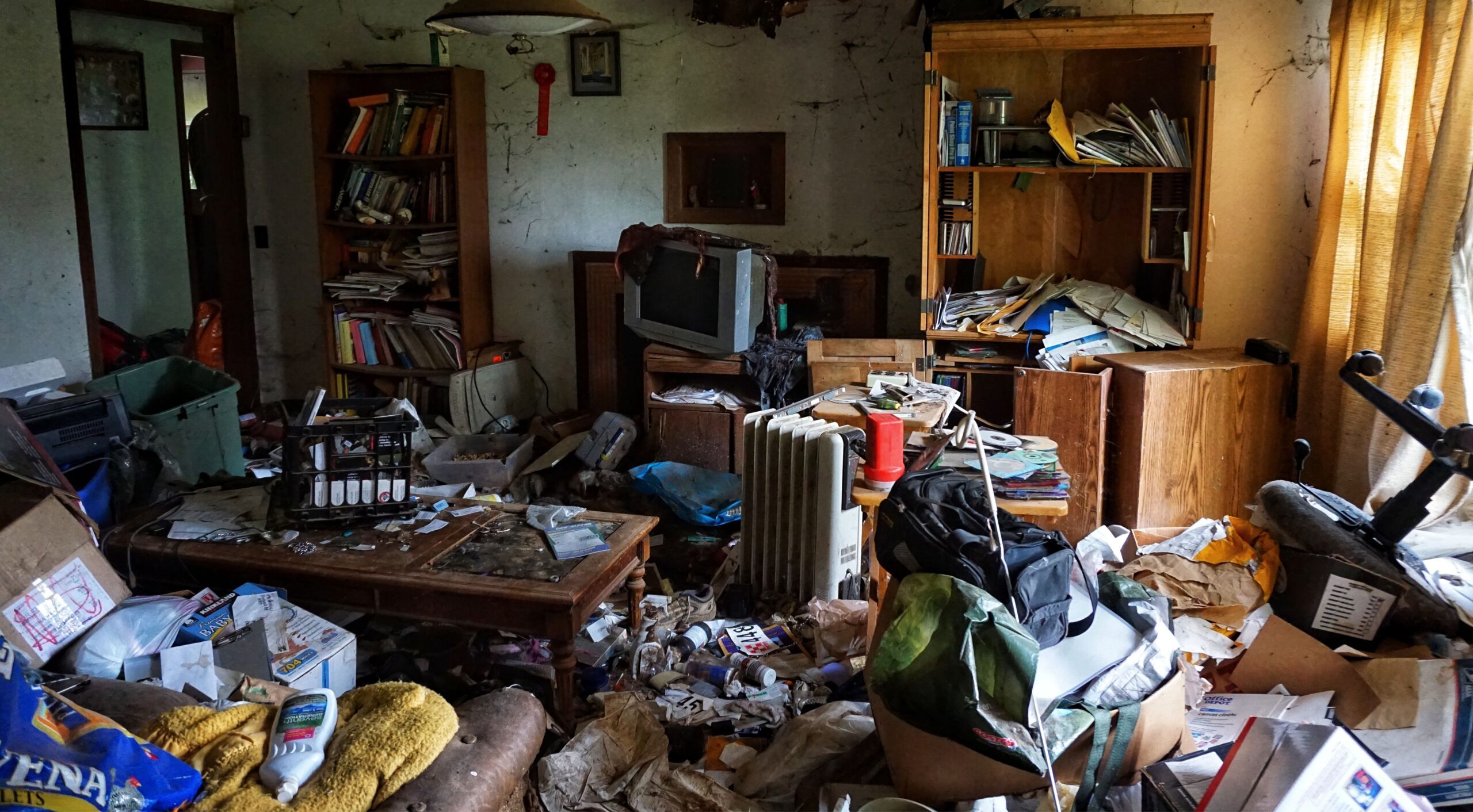Who is Responsible for Lawn Maintenance: A Guide for Ontario Landlords
Maintaining a rental property involves various tasks, one of which is lawn care. For landlords in Ontario, it’s important to understand who is responsible for lawn maintenance: the landlord or the tenant. This guide will provide a detailed overview to help landlords navigate this aspect of property management, based on the rules set by Ontario’s Residential Tenancies Act (RTA) and standard lease agreements.
1. The Default Legal Position: Landlord Responsibility
Under the Residential Tenancies Act, the default position is that landlords are responsible for ensuring that the rental property, including the lawn, is kept in good repair. This includes maintaining the property in a state that complies with health, safety, and property standards, which often extends to the upkeep of the lawn, gardens, and other outdoor areas.
This means that unless otherwise specified in the lease agreement, the landlord is typically responsible for lawn maintenance. This can include tasks like mowing the grass, trimming bushes, removing weeds, and ensuring that the lawn is kept in a generally good condition.
2. Exceptions: Shifting Responsibility to the Tenant
While the default legal position places lawn maintenance responsibility on the landlord, this can be shifted to the tenant if both parties agree. This agreement must be clearly outlined in the lease or rental agreement. For the agreement to be valid, it should specify:
- Specific Lawn Care Duties: The agreement should clearly state what tasks the tenant is responsible for. This might include mowing the lawn, watering the grass, weeding flowerbeds, or raking leaves.
- Frequency and Standards: The lease should also specify how often these tasks need to be performed and to what standard. For example, the agreement might state that the lawn must be mowed at least once every two weeks during the growing season, and that weeds must be removed regularly to maintain a neat appearance.
- Consequences for Non-Compliance: The lease should outline what will happen if the tenant fails to maintain the lawn as agreed. This could include warnings, fines, or the landlord taking over the maintenance and charging the tenant for the costs.
3. Considerations for Landlords When Shifting Responsibility
Before deciding to shift lawn maintenance responsibilities to a tenant, landlords should consider several factors:
- Tenant Capability: Not all tenants may have the time, ability, or equipment needed to properly maintain a lawn. Landlords should consider whether their tenants are capable of fulfilling these duties. For example, elderly tenants or those with disabilities may not be able to manage lawn care effectively.
- Property Type: The type of rental property may also influence this decision. For instance, in a multi-unit building, it may be impractical to assign lawn care responsibilities to tenants, as the outdoor space is shared. In contrast, for single-family homes with a private yard, it might be more reasonable to expect the tenant to take on lawn care duties.
- Potential Disputes: Shifting lawn maintenance to the tenant can lead to disputes if the tenant does not maintain the lawn to the landlord’s satisfaction. This can result in disagreements over what constitutes “adequate” lawn care, leading to tensions or legal challenges.
4. Tools and Equipment: Who Provides Them?
If the responsibility for lawn maintenance is shifted to the tenant, the lease should also specify who is responsible for providing the necessary tools and equipment. This might include a lawnmower, trimmer, hose, and gardening tools.
In many cases, landlords who expect tenants to maintain the lawn will provide these tools to ensure that they are available and in good working order. However, if the tenant is expected to provide their own tools, this should be clearly stated in the lease agreement.
5. Environmental Considerations
Landlords should also be aware of environmental considerations when it comes to lawn maintenance. Encouraging eco-friendly practices, such as limiting the use of pesticides, conserving water, and promoting the growth of native plants, can be beneficial for both the environment and the property’s long-term maintenance.
Including guidelines on sustainable lawn care practices in the lease agreement can help ensure that the property is maintained in an environmentally responsible manner.
6. Seasonal Considerations
Lawn maintenance is typically a seasonal responsibility, with the most intensive care required during the spring and summer months. However, in some cases, landlords and tenants may need to address lawn care during the fall, such as raking leaves, and in the winter, such as clearing snow from pathways (although snow removal is often a separate responsibility).
Landlords should consider how these seasonal variations might impact the tenant’s ability to maintain the lawn and whether additional instructions or agreements are needed to address these periods.
7. Enforcement and Inspections
If lawn maintenance is the tenant’s responsibility, landlords should include a provision in the lease agreement allowing for regular inspections of the lawn and garden areas. This helps ensure that the property is being maintained according to the agreed-upon standards.
Landlords should also clearly outline the steps they will take if the tenant fails to maintain the lawn. This might include issuing a written warning, arranging for the lawn to be maintained by a third party, and then charging the tenant for the cost, or even considering it a breach of the lease.
8. Tenant Education and Communication
Effective communication between landlords and tenants is key to ensuring that lawn maintenance responsibilities are understood and carried out properly. Landlords should take the time to educate tenants about what is expected of them in terms of lawn care. Providing written instructions, reminders at the start of the growing season, and even offering tips on lawn care can help prevent misunderstandings and ensure that the property is well-maintained.
Maintaining a Healthy Lawn and a Healthy Relationship
In Ontario, lawn maintenance responsibility generally falls on the landlord unless the lease agreement specifies otherwise. If landlords decide to shift this responsibility to tenants, it’s crucial to have a clear, detailed, and fair agreement in place. By considering factors like tenant capability, providing the necessary tools, and maintaining open communication, landlords can ensure that their properties remain attractive and well-kept throughout the year. Proper lawn care not only enhances the appearance of the property but also contributes to the overall value and enjoyment of the rental for both the landlord and the tenant.


